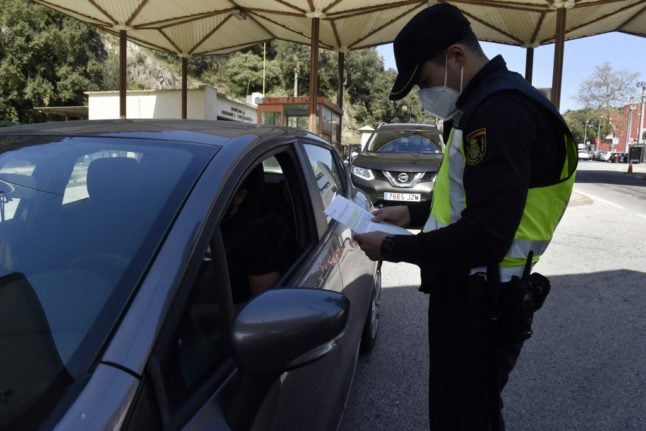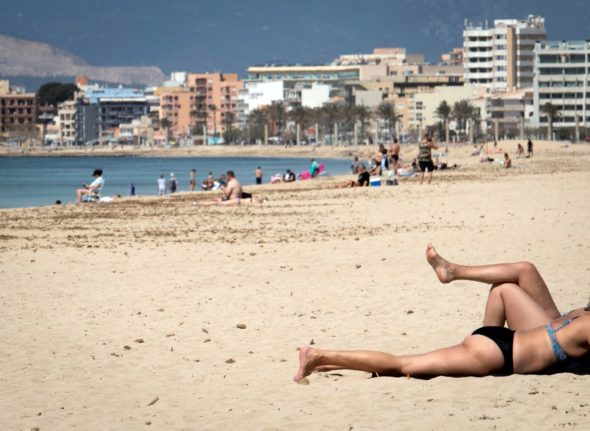The news was announced in Spain’s official BOE state bulletin on Wednesday, and will come into effect the following day, on Thursday May 19th 2022.
For the past 26 months, Spanish legislation has allowed border officials to be able to require a Covid health pass from anyone over the age of 12 entering Spain from France by car, train or on foot.
In reality, Spain’s borders with France haven’t always been manned and Covid-19 health checks haven’t been a constant throughout the pandemic as in the case of air travel, for which Spain still has Covid-19 restrictions for travellers arriving from France.
READ ALSO: When will Spain get rid of all its Covid-19 travel restrictions?
At times when infection rates were high, border checks on both sides were tightened, or as happened during the summer of 2021, there were tough health checks to enter France but not to enter Spain.
According to Spain’s Health Ministry, the decision to scrap health checks at Spain’s land border with France has been reached given the high levels of vaccination and immunisation achieved in both countries, which has led to a significant decrease in serious Covid-19 cases and deaths.
However, the French Embassy in Spain states that all unvaccinated arrivals in France, including those arriving by land, still have to be able to show proof of a negative PCR or antigen test before crossing over into France from Spain, with some exceptions for cross-border workers and urgent matters.
According to Spain’s Foreign Affairs Ministry, there are no Covid certificate requirements at the land border between Spain and Portugal



 Please whitelist us to continue reading.
Please whitelist us to continue reading.
I was amused to see there were supposed to be Covid checks at the France/Spain border. In eight crossings in late 2020 and into 2021, I have never been asked for evidence of vaccination, nor have I seen anyone else being asked. What’s more, the document which returning French citizens are supposed to carry have, like all the attestations of early 2020, gone in the recycling bin without being looked at. What a farce!!